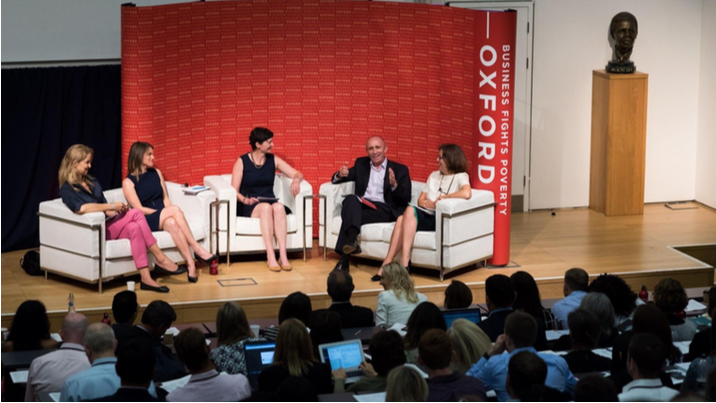by Calvin Jennings
The development system is shifting and new structures of funding are accelerating the pace of change. Partnership remains essential, but the scope, scale, and systems behind new partnership models and investments are reframing relationships between development actors. There is a desire for transformational change and here we take a look at the top trends shaping this trajectory:
1. Private sector as development actors. Increasingly private sector actors are managing and implementing development programmes, either directly with partners on the ground or through NGO sub-contractors. They have a strong, competitive delivery position with the adaptive management capabilities to innovate. INGOs have distinct capabilities (e.g. accessing markets, working with communities and influencing structures), to deliver systems change where otherwise they may look uncompetitive.
2. Grants look more like contracts. Grants are increasingly replicating contracting characteristics, with a focus on service delivery and payment by results. From 2011/12 to 2013/14, contractors provided 71% more technical cooperation to the UK government, the fastest growing element of DFID’s bilateral development programme in that period. Partnering with the private sector can augment NGOs’ position and help to manage financial risk.
3. Donors drive consortia working. The SDGs focus on “new partnerships” has broadened the number of actors involved in the delivery of development. Donors accelerate this trend with a focus on public-private partnerships Morethan 300 multi-stakeholder partnerships are now registered with the UN Commission on Sustainable Development. This trend is set to continue to 2020.
4. Companies shift from philanthropy to business development. In 2015, 71% of corporates considered most of their partnerships as strategic, up from 43% in 2010. More advanced companies are focusing their sustainable development initiatives on market, supply chain and product development. Such investments promise mutual benefit as, for example, FMCG playersextend sourcing networks and target the bottom of the pyramid and the financial sector builds towards financial inclusion. This presents an opportunity for more sustainable and scalable activity, when business is accountable for the social impact it creates alongside business benefit.
5. Globalisation vs regionalisation. Funders, INGOs and corporates areincreasingly enabling investment and development at regional and country levels. Barclays shifted their significant global programmes to a market led model recently and other companies are following. Funders and INGOs have been working to support South to South cooperation and localisation in development and humanitarian aid. This reinforces the need for future funding and partnerships to build partnering capacity at a national and regional level, while maximising learning and collaboration globally.
7. Companies looking for solutions. The activist CEO is on the rise with visionary CEOs and institutional leaders leading on issues, often outpacing their company direction. As the political environment becomes more fractious, will business leaders continue to exert their ethical authority?
As sectoral partnerships transition from philanthropy to business partnerships, a focus on delivering business agendas with social accountability will be critical. New and transformational partnerships and solutions will be required as these trends accelerate and reshape the development world,
Calvin has significant experience promoting social innovation within nonprofit organisations. As a research assistant at the University of Pennsylvania, he co-authored a refereed conference presentation and a forthcoming article on fostering socially innovative cultures.
Image: Tim Trad

